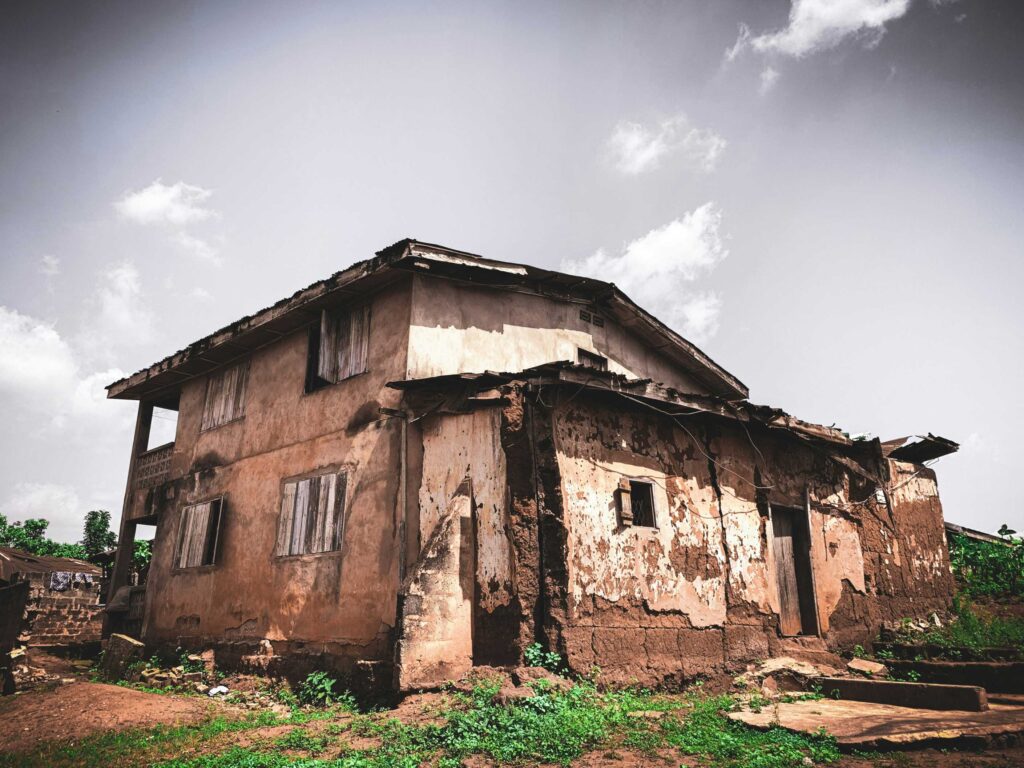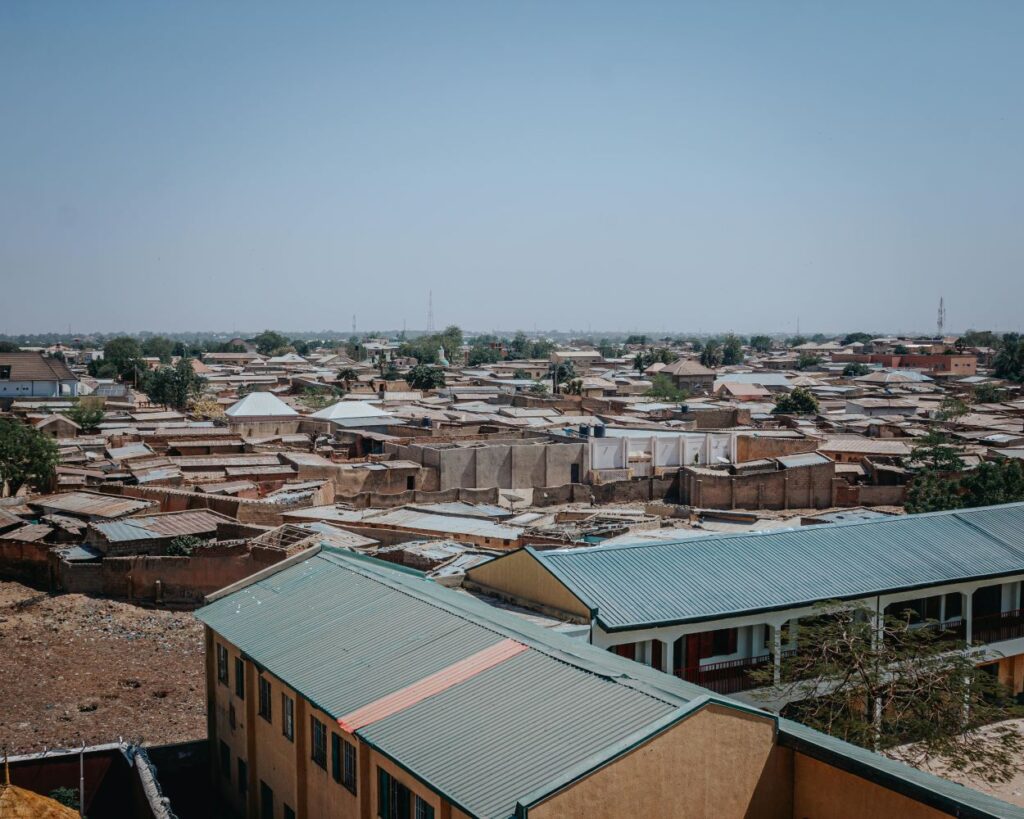The housing deficit in Nigeria has become a pressing national concern, affecting millions of citizens across rural and urban areas. With a shortage of over 20 million units, millions of Nigerians do not have access to good, affordable housing. The gap continues to widen with rampant population growth and urbanisation exerting more pressure on already-congested infrastructure.
Solving this problem goes beyond just building more homes. It requires strategic, inclusive, and innovative approaches that address the root causes of the housing shortage and take us towards sustainable real estate growth. In this paper, we examine the causes of Nigeria’s housing shortage, its socio-economic implications, and pragmatic measures that can help make homes accessible and affordable for all Nigerians.

What is Housing Deficit in Nigeria.
A housing deficit occurs when the demand for homes exceeds the available supply. In Nigeria, this shortage affects millions of citizens, especially low- and middle-income earners, and contributes to the rise of slums, overcrowding, and homelessness in urban areas.
Root Causes of the Housing Deficit in Nigeria.
1. Rapid Urbanisation and Population Growth
Nigeria’s population is over 200 million and growing fast. Every year, thousands migrate from rural areas to cities in search of jobs and better living conditions. Unfortunately, urban housing development has failed to keep up with this influx, leading to congested cities, rising rent, and the growth of informal settlements.

2. High Cost of Building Materials
Construction materials in Nigeria—cement, steel, tiles, and finishing components—are largely imported and vulnerable to inflation and currency fluctuations. These costs make affordable housing projects financially unviable for many developers, pushing homeownership further out of reach for average Nigerians.
3. Limited Access to Affordable Housing Finance
Many Nigerians lack access to flexible and affordable mortgage options. Without housing finance, prospective homeowners and even real estate developers struggle to fund construction. Strengthening the mortgage sector and providing innovative loan solutions is key to increasing housing access.
4. Ineffective Government Policies and Implementation
While several housing schemes have been launched in the past, poor implementation, lack of continuity, inadequate funding, and bureaucratic bottlenecks have limited their success. Policies often don’t align with the real needs of the people—especially the underserved.

5. Land Ownership Challenges and Bureaucracy
Land acquisition in Nigeria is hindered by complex legal frameworks like the Land Use Act of 1978, which centralises land ownership under government control. The process of securing land titles or certificates of occupancy is slow and expensive, discouraging investment in housing.
6. Inadequate Infrastructure and Urban Planning
Lack of basic infrastructure—good roads, electricity, water supply, drainage—makes many areas unsuitable for housing. Poor urban planning means even where homes are built, they may not be liveable or sustainable in the long term.
A Sustainable Way Forward: What Needs to Be Done
To overcome Nigeria’s housing deficit, a coordinated approach from both government and private sector stakeholders is essential. The goal is not just quantity but quality—building affordable, accessible, and sustainable homes.
Key Strategies for Solving the Housing Crisis
Strengthen Affordable Housing Finance
Expand access to mortgages and introduce alternative financing models like cooperative housing schemes, rent-to-own programs, and micro-housing loans.Promote Use of Local Building Materials and Technology
Encourage the use of cost-effective materials such as interlocking blocks, EPS panels, and other sustainable building technologies that reduce reliance on imports.Implement Inclusive Urban Planning
Develop masterplans that integrate affordable housing, green spaces, and efficient transportation into city planning.Invest in Infrastructure Development
Improve roads, electricity, and water supply to open up new areas for development and make existing communities more liveable.Improve Policy Design and Execution
Ensure housing policies are people-centric, transparent, and backed by strong political will. Monitor implementation and hold stakeholders accountable.
Solving Nigeria’s housing deficit isn’t only about increasing the housing stock. It’s about rethinking the entire system—from land allocation and construction methods to financing models and community inclusion. By prioritising sustainability, innovation, and collaboration, Nigeria can transform its housing landscape.
Conclusion
The housing deficit in Nigeria is more than just a number—it represents the real-life struggles of families living in overcrowded, unsafe, or unaffordable conditions. But it doesn’t have to remain this way.
By adopting forward-thinking strategies and making bold, consistent investments in affordable housing, Nigeria can close the housing gap and give every citizen a chance at a decent life. It’s time for stakeholders across government, real estate, finance, and civil society to come together and ensure that safe, affordable housing is no longer a luxury—but a right for every Nigerian.


